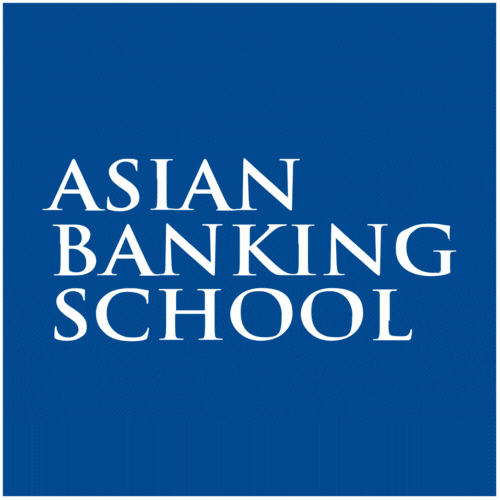

per participant
* Fee includes all training activities and materials, lunches during training days, special dinners, social programme and accommodation (from 28 July – 3 August 2024) based on single occupancy. It is not inclusive of any applicable taxes.
The programme will have a blend of lectures, case discussions and in-class development of practical illustrations to allow for a hands-on experience with the concepts studied and deep learning.
An important part of the learning process is your preparation for each session. This may include reading articles and case study preparation in advance of each day’s classes. It is very important that you come prepared for each class as lecturers will expect that you are familiar with the materials.
Although each member of the faculty will work in slightly different ways, there will be a general expectation that everybody will contribute to the class discussions. Do not be afraid of challenging yourself and asking questions about both the lectures and each other and expect to be asked for your opinion. Learning does not require that you know the answer already, only that you have an open and curious mind.
Participants will have membership of the Cambridge Judge Business School Executive Education alumni network following successful completion of the Programme. Executive participants will be sent instructions to allow them to access the online community at the Business School as well as an Executive Education specific alumni group. Benefits of being a member of these communities include access to a network of very diverse, high calibre international executives from across the sectors; information on new Cambridge programmes for continuing professional and executive development; a series of online webinars and physical faculty-led events on different business and leadership themes; regular communications and news from the faculty and team at Executive Education.
A stakeholder is an external or internal party that is impacted by an initiative and has the power to affect its outcome. Most major initiatives are significantly influenced by stakeholders who cannot be directly controlled. This session focuses on two aspects of stakeholder management: influence processes for managing stakeholders, and personal factors that affect interactions with stakeholders. The learnings of the session are crafted through a simulation wherein participants manage a set of stakeholders to create an exploitation plan for a copper mine. We first debrief participants’ actions during the simulation and the extent to which they were effective. The session then connects with frameworks on influences processes and personal factors. We conclude with a four-stage plan for managing stakeholders.